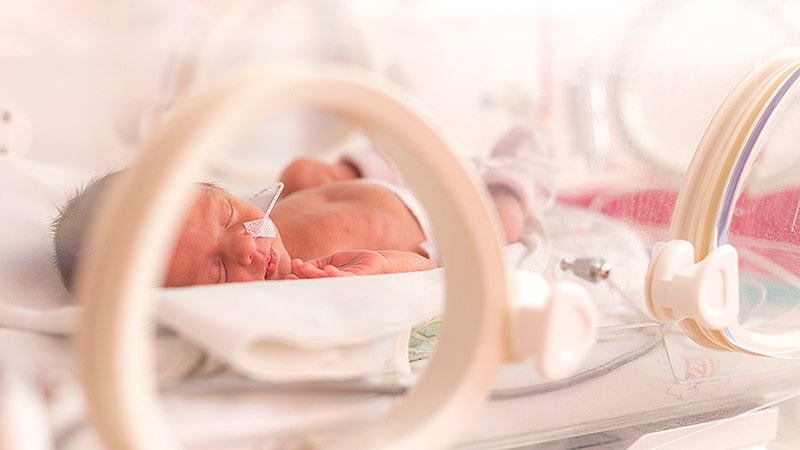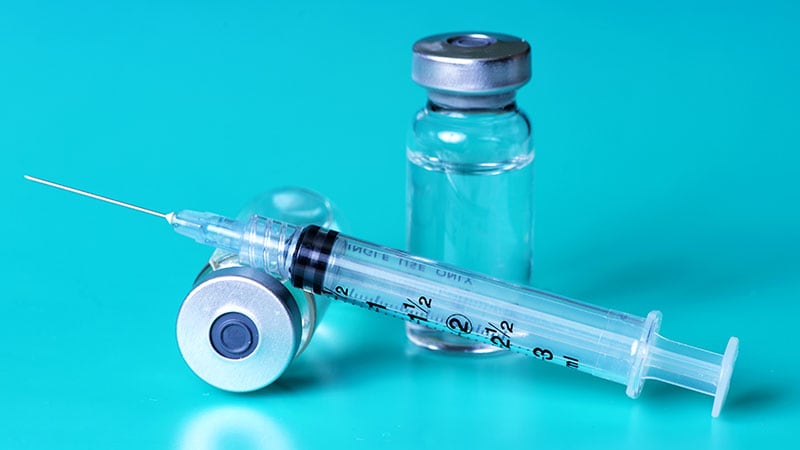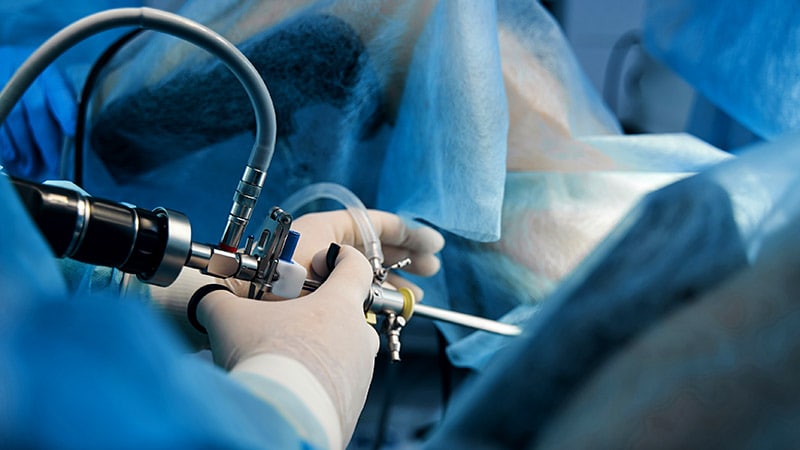Takeaway
- Higher glycated haemoglobin (HbA1c) levels within the normal range were a risk factor for COVID-19 hospitalisation.
- Glucose regulation may play a key role in immune responses to this infection.
- This novel observation warrants replication in other cohort studies.
- Findings suggest undiagnosed cases of diabetes in the general community may present a particularly high risk.
- UK Biobank study of 337,802 participants (aged, 56.4±8.1 years; 55.1% women).
- Aetiological association of both diabetes and HbA1c with new cases of COVID-19 hospitalisations was assessed.
- Funding: UK Medical Research Council.
- Overall, 4.8% of participants reported a diabetes diagnosis, and 649 cases of COVID-19 were recorded at follow-up.
- Compared with participants without a diagnosis and HbA1c <6%, the risk of COVID-19 was higher in those with:
- undiagnosed diabetes at baseline (HbA1c, ≥6.5%) (risk ratio [RR], 2.68; 95% CI, 1.66-4.33); and
- poorly controlled (HbA1c, ≥8.6%) diagnosed diabetes (RR, 1.91; 95% CI, 1.04-3.52).
- In age- and sex-adjusted analyses, people in the highest HbA1c group (>5.70%) had twice the risk of being hospitalised for COVID-19 (RR, 2.13; 95% CI, 1.65-2.74).
- A dose-dependent increase in the risk of COVID-19 with increasing HbA1c was noted and this persisted in multivariable-adjusted models (Ptrend <.001).
- Some cases of COVID-19 could have been captured in patients hospitalised for reasons other than the infection.
References
References



